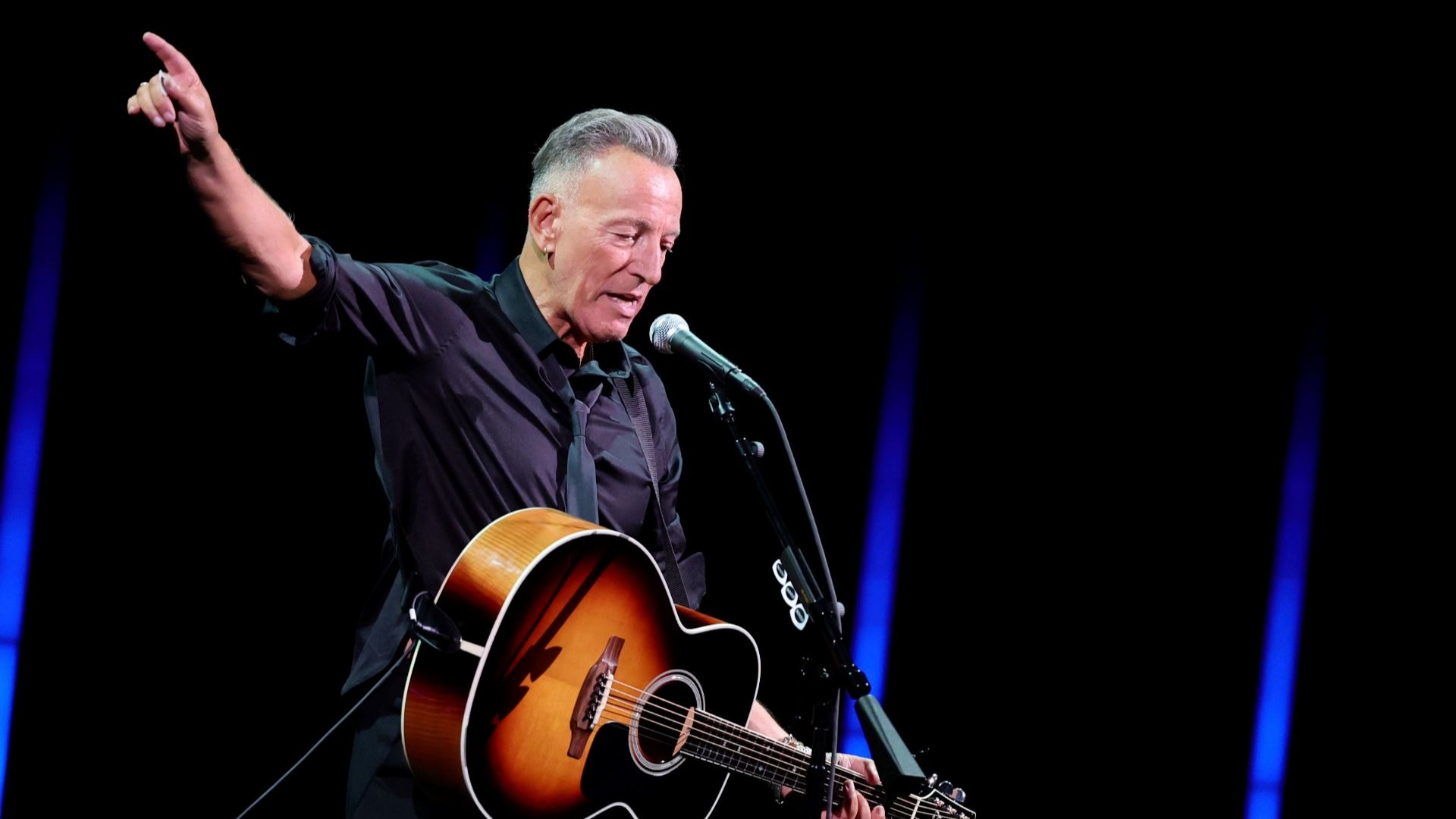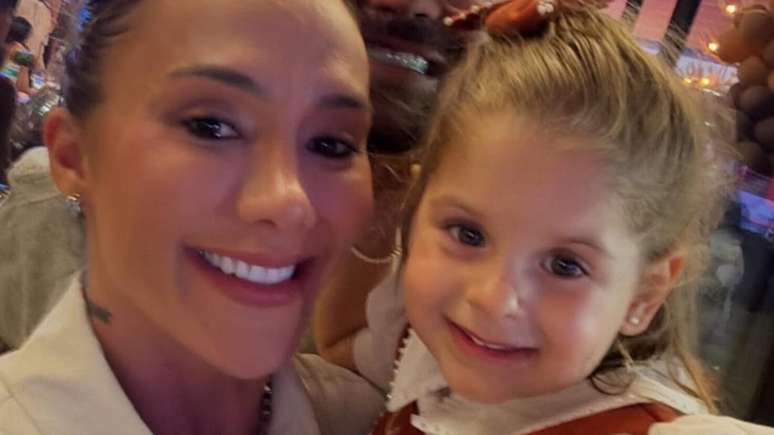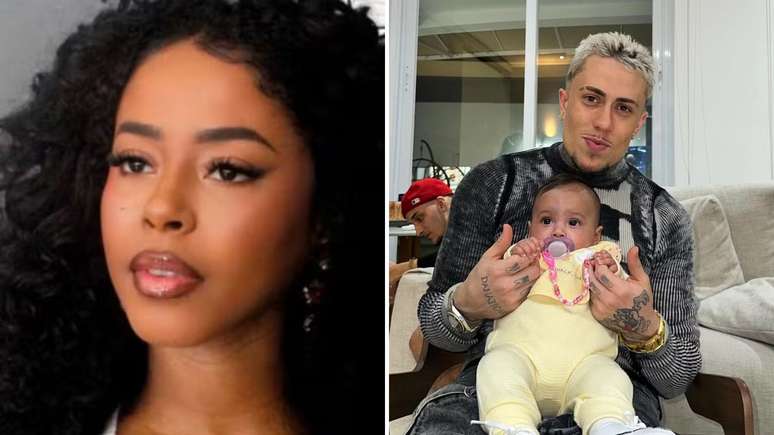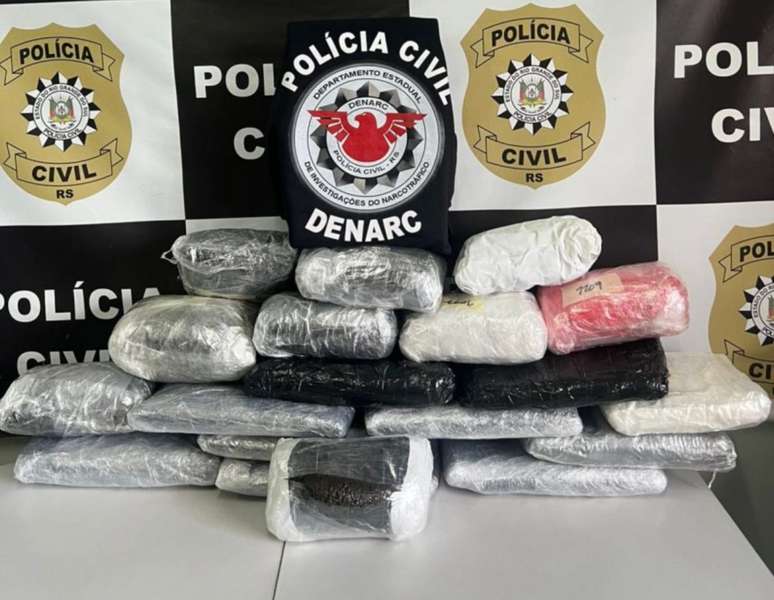Andy Summers, 81, talks to ‘Estadão’ about new shows in Brazil, the troubled relationship of British trio Jimi Hendrix and his connection to the country: ‘My second home’
Andy Summers He is one of the most Brazilian Englishmen we know. Rocker and bossa nova fan, the eternal guitarist of the Police has had a special relationship with the country since she was 16, when she fell in love with the film Orpheus Carnival (1959) and the soundtrack by Luiz Bonfá and Tom Jobim.
Today, at 81, he considers Brazil his “second home.” Not only for having visited the country constantly or collaborated alongside names like Roberto Menescal and singer Fernanda Takai, but also for having formed, since 2017, a tribute trio with musicians from Rio to pay homage to their former group, a key exponent of pop music.
From Los Angeles, Summers spoke exclusively with State before the project’s new South American tour Call the police. The show in Sao Paulo on August 3rd, at Vibra.
The tribute features bassist/vocalist Rodrigo Santos (ex-Barão Vermelho) and João Barone (of Paralamas do Sucesso), heirs to the unique mix of rock, retro and punk that the English band created in just five studio albums, before ending their activities in 1983.
In a video conference, the artist spoke about his long career, including a brief experience at The animals and a meeting with Jimi Hendrix; his love for photography; his troubled relationship with his former companions Sting AND Stewart Copeland; the unusual achievement of a Grammy; as well as his most recognized creation: the riff of Every Breath You Takeone of the biggest hits of all time, for which he received no writing credit.
I wanted to start by talking about the short time you were part of the Animals…
Oh really? [faz cara de tédio]
Just a little bit (laughs)… What’s your fondest memory from that period? And do you like the only album you were on (1968’s ‘Love Is’)?
I was very young, living in Laurel Canyon and smoking a lot of marijuana… [O álbum] Okay, I mean, by modern standards I would probably change a lot of things.
During that period you had a meeting with Jimi Hendrix, how was it?
He was a very sweet guy, very introverted, quiet. Not that he wasn’t a monster rocker. He really liked playing guitar. He was the opposite of what people think because he could play wild music, but he wasn’t really a wild guy in real life. “Shy” is the word I would use.
Was he the greatest of all?
Ninth…
Who was he then?
Well, there isn’t one. That question doesn’t make sense. There are many different guitarists, millions of guitarists in the world and there are many different styles. Jimmy played his blues style and he was the best. He had a great influence on many guitarists in the rock world, but that doesn’t make him the greatest guitarist of all time… Is this interview about Jimi Hendrix or about me? [tom provocativo, com algum humor britânico]
Of course it’s about you, we’ve just started… Do you consider Brazil a second home? How did this relationship begin?
Yes, I consider it a second home. The first seed of the idea of Brazil was when I was about 16 and I went to the arthouse cinema that showed all these incredible films by Fellini, Truffaut, Goddard and directors like that. I loved cinema. One of the films I saw at that age was Orpheus Carnival. I didn’t know where this place was. I didn’t know it was Rio de Janeiro. And this beautiful film, with beautiful music, especially by Luiz Bonfá, struck me. He wrote a wonderful song called Carnival Morning and I learned to play it. I learned to play the Brazilian style guitar when I was very young. I was destined to go to Brazil and play there in different situations. I love being there. It was something that started when I was just 16 and ended up filling my life. So it’s a special place.
And how do you feel about our society as a foreigner? Do you think we are similar to Americans?
Yes, to a certain extent. I feel it more than in Mexico. I feel that Brazil is much closer, in many ways, to American life. It’s a big country, there are many different parts of Brazil, from the Amazon to the more Germanic part of the south. I’ve been everywhere in Brazil.
I watched Call The Police three times, I feel like there are variations from the original songs and you have more freedom to do solos, right?
Yeah, it’s nice for me because I can play a lot more solos. It’s not that serious and the guys are really with me. It’s a little bit crazier, looser and I like that aspect of it.
Why did you choose Rodrigo and João for the project?
Well, they are great musicians. It all started because Rodrigo was managed by the guy who always takes me to Brazil and takes care of me all these years. And of course we got together. At first we didn’t do anything by the Police, we did other types of music. Until our manager, thinking with the head of a promoter, thought: ‘Wait a minute, let’s get a famous drummer’. So, he built this situation. It’s a great attraction. We all had a great time.
Have you ever listened to Brazilian rock, like Barão, Paralamas or Titãs?
Yeah, I heard a little bit. It’s very nice, but I already do rock. I like really Brazilian music, the one that was really born in the late 50s, bossa nova and João Gilberto. That’s my idea of Brazilian music. It’s very strong in my heart. I took this kind of more interesting harmonic approach and brought it to The Police. So the guitar doesn’t sound like a standard old-fashioned rock guitar. It’s more interesting than that.
The Police’s music sounds very current and modern in 2024. What’s the secret?
I’m really proud of the fact that it doesn’t sound dated. It sounds modern and I attribute that to the fact that there were only three of us and we tried to keep it very lean. It’s also the way I play guitar because, like I said, there were certain things that I avoided. It didn’t sound like standard rock. And it kind of came out of my background. So if you want to get really technical, I basically didn’t play minor or major thirds, we kind of avoided the obvious idea of minor and major harmony. There was a kind of harmonic trick that I did to give the song an interesting sound. It hasn’t aged that easily and I think that’s why it still sounds so modern. The melodies are great. It’s kind of like the Miles Davis influence of using space as a musical quality.
You created the riff for ‘Every Breath You Take’, why weren’t you credited as the composer?
That’s what everyone says. It’s a moot point. I don’t know, obviously I should have gotten it. [o crédito]. That’s crazy. So I don’t know how to respond to you, getting into legal stuff and all that.
The important thing is that those who know the story give you due credit…
[O riff] it’s the signature of the song. We didn’t really want to do it because we didn’t think it was good enough. It was like a bad song. Stewart and Sting were arguing about where the bass was going to go and where the drums were going to go. And we got to the point where we were about to throw it away. Then Sting turned to me. We were sitting at the control table and he said, “Come on, make it your own.” In other words, “Go and be the other songwriter.” Then I quickly played the famous guitar part. Everyone stood up and applauded. That was the moment when everyone went crazy and said, “Now this is going to be a No. 1 song.” And it went straight to the top of the American charts.
There’s an obscure instrumental by The Police called ‘Behind My Camel,’ which you won a Grammy for despite Sting’s resistance, right?
It’s a funny story. Sting didn’t want to do this track. He took the tape and hid it in the garden. But we got it back and Stewart played it with me. Afterwards, I was on the beach in Rio and they said, “Hey, good news, you won a Grammy for.” Behind my camel. I was very satisfied.
As for the famous fights in the band, how much of it is legend and how much is true?
There’s a little bit of mythology because if all we did was fight, we would have finished a lot sooner. People liked the image that the media portrayed: that we just fought… No, we had a lot of fun, most of the time, but there were a lot of sparks, because we all have strong personalities, and there were a lot of ego sparks. Everyone wanted to be the leader of the band, but there wasn’t one, so sometimes we had to find ourselves in these situations: two, three men fighting.
And looking back, do you think the band ended at the right time, at its peak?
We were on top of the world at that point. I think it ended too soon. We could have gone on, we would have had a lot more number ones, but the singer wanted to go out and he thought he could do it on his own, which he did to a certain extent, but he’s not as big as The Police. No doubt about it. He can draw, I don’t know, 5,000 people a night. With The Police it was 50,000.
How is your relationship with Sting and Copeland today? Are they friends?
Well, we are not enemies. It’s business. There is a legacy with all those records sold for millions, all those hits. [que chegaram ao] number 1 and we take care of it. We have lawyers and everything, you know.
Is there a lot of unreleased material that can still be released?
There might be some live recordings out there, but I think we’ve got them pretty well combed through. This new version that’s coming out now [disponível a partir de 26/07 nos EUA]the reissue box set of Synchronicity (1983), there are many songs that I had never even heard, but the record company found them.
Is this your favorite album?
No, my favorite is the second album, Regatta of the White (1979), because I felt like we were really starting to come together and it was a really exciting time. We made that record in 10 days. It was quick because we were really starting to find our way of sounding.
Finally, please, I would like you to tell me about how you developed your love for photography…
The seed was also when I saw Carnival Orpheus, through black and white photography. I thought I was going to be a filmmaker, but I was also an obsessive guitar player. One time, with The Police, we were in New York and in the early days we had a long wait for shows. We were surrounded by photographers, mostly women for some reason, who were always taking pictures of us. I started looking at their cameras, their equipment and got a little interested. One of the girls took me to a really good camera shop, I bought one and started taking it seriously. I studied the great photographers, got better technically, using different lenses and everything. Luckily, I was traveling the world with the police and taking pictures all the time. So I got an incredible look inside the Police that no other photographer had.
Call the Police 2024 – Police’s Greatest Hits
- Where: Vibra São Paulo (Av. das Nações Unidas, 17955)
- Date: August 3, 2024
- Prices: starting from R$60.00
Source: Terra
Earl Johnson is a music writer at Gossipify, known for his in-depth analysis and unique perspective on the industry. A graduate of USC with a degree in Music, he brings years of experience and passion to his writing. He covers the latest releases and trends, always on the lookout for the next big thing in music.







